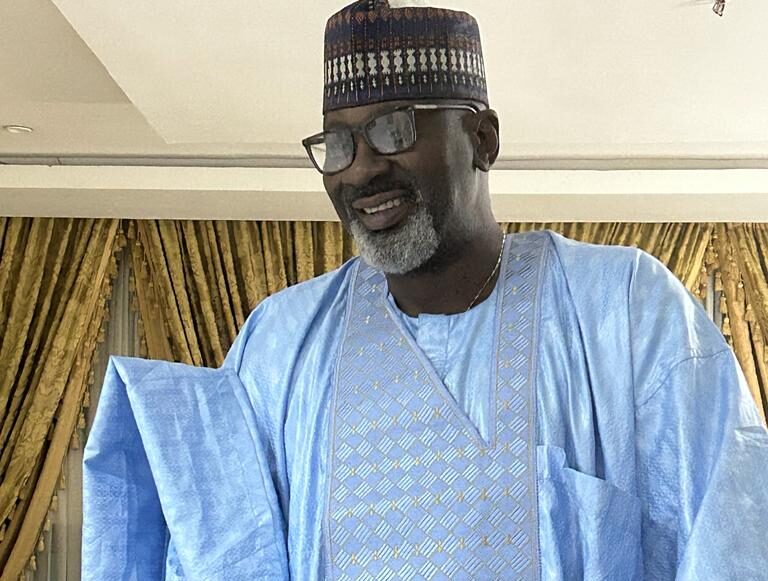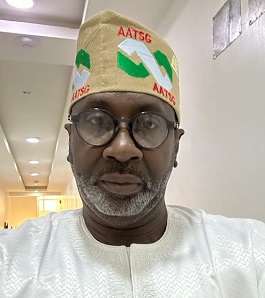We eagerly advocate for truthfulness and integrity in the leadership of our nation.
– Abayomi Odunowo –
Honesty and integrity are two qualities that are fundamental to being a good leader, a good person, and a good member of society. These traits are essential for maintaining trust, building strong relationships, and promoting a successful and harmonious community. Without honesty and integrity, there is little hope for progress, unity, and a sense of moral responsibility.
Politicians and leaders in government play a crucial role in shaping the future of their nation and the lives of their citizens. Their decisions and actions have a direct impact on the social, economic, and political landscapes of their countries. Without honesty and integrity, their leadership can lead to corruption, dishonesty, and a lack of accountability. These traits are the cornerstone of a strong and effective leadership, as they promote transparency, ethical decision-making, and a commitment to the common good.
When a leader is honest, they are willing to speak the truth even when it may be difficult or unpopular. They are open about their beliefs, values, and intentions, and they strive to maintain transparency in their actions and communications. This openness and honesty build trust and credibility, which are critical for effective leadership and governance.
Integrity goes hand in hand with honesty, as it represents a steadfast adherence to a strict moral or ethical code. A leader with integrity is committed to upholding ethical standards, making decisions based on moral principles, and standing by their word. They are consistent in their actions and behaviors, and they demonstrate a high level of accountability and responsibility.
Leaders with honesty and integrity are more likely to make decisions that benefit their citizens and promote the common good. They are less susceptible to corruption, greed, and self-serving agendas, as they prioritize the well-being of their people and the long-term sustainability of their nation. In addition, leaders who possess these qualities inspire trust, loyalty, and respect from their constituents, fostering a sense of unity, stability, and progress within their society.
However, honesty and integrity are not limited to the realm of politics and government. These traits are essential for all individuals, as they form the foundation of strong relationships, personal growth, and a sense of moral responsibility. In our daily lives, honesty and integrity guide our actions, interactions, and decisions, shaping our character and defining our impact on the world around us.
Honesty and integrity are essential for maintaining trust, building strong relationships, and promoting a successful and harmonious community. Without honesty and integrity, there is little hope for progress, unity, and a sense of moral responsibility.
When we are honest, we build trust and credibility, which are critical for forming strong relationships and establishing our reputation. When we possess integrity, we demonstrate a commitment to upholding moral and ethical standards, making principled decisions, and standing by our word. People are naturally drawn to those who exhibit honesty and integrity, as they inspire confidence, respect, and admiration.
In conclusion, honesty and integrity are fundamental traits that are essential for effective leadership, strong relationships, and a sense of moral responsibility.
Leaders who possess these qualities inspire trust, loyalty, and respect from their constituents, fostering a sense of unity, stability, and progress within their society. As individuals, honesty and integrity guide our actions, interactions, and decisions, shaping our character and defining our impact on the world around us. Therefore, it is imperative that we prioritize honesty and integrity in our personal and professional lives, as they are the foundation for promoting a just, ethical, and prosperous society.
Otunba Abdulfalil Abayomi Odunowo
National Chairman AATSG
3rd March, 2024.




